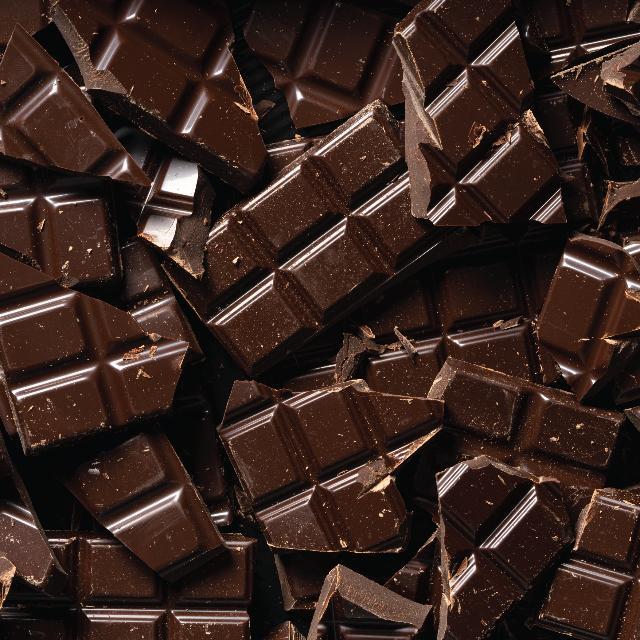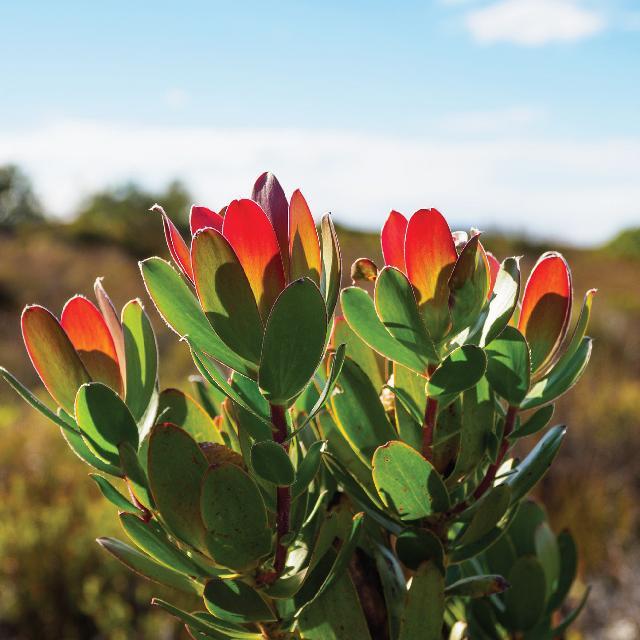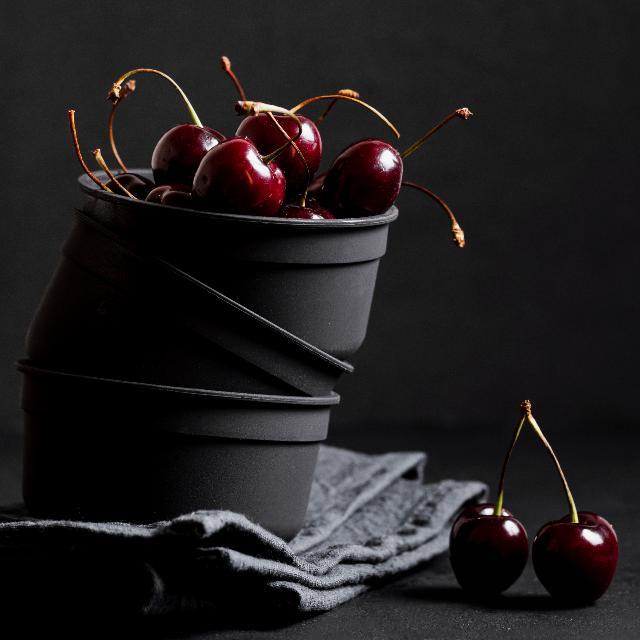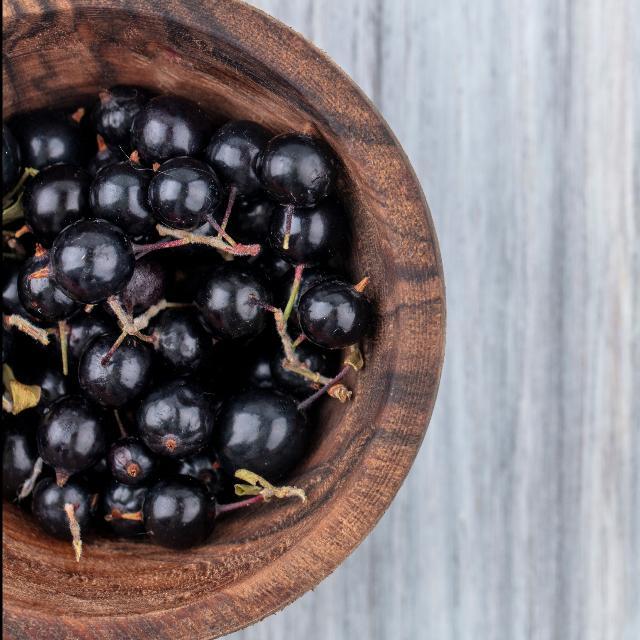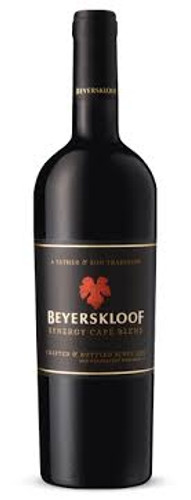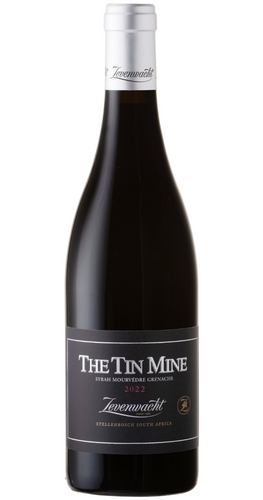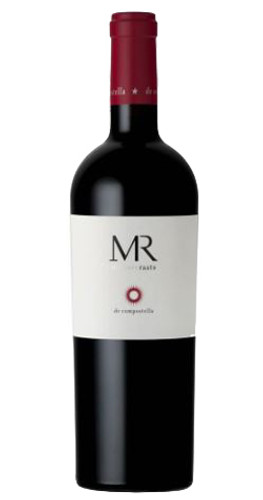Vibrant black and red currants combine with dark chocolate, spices, and a note of fynbos. On the palate, intense black currant and black cherry are supported by grippy, youthful tannins which in turn are softened by the juicy red fruit of the Cinsault. Zesty acidity contrasts with the ripeness of the fruit, balanced by savory notes of black pepper and tobacco leaf.
Cabernet Sauvignon is sourced from Stellenbosch, while the Cinsault comes from the Piekenierskloof. All the grapes are destemmed, crushed and then fermented in open top fermenters, with regular punch downs, up to four times per day. After maceration, the wine is pressed off the skins; Cinsault into 500L and Cabernet into 300L seasoned French oak barrels for 12 months of maturation.
Winemaker: Danielle le Roux
Winemaker: Danielle le Roux
Jean Engelbrecht, owner of the prestigious Stellenbosch estate winery "Rust en Vrede" becomes philosophical when he speaks about one of his favourite subjects. “Wine brings people together,” he explains. “When you share a glass of wine with someone it brings you closer. It helps to improve communication between people. Wine builds bridges.”
Engelbrecht’s latest wine is named Afrikaans. After the language. Launched during the programme announcement of this year’s Toyota US Woordfees on 18 November 2019, Afrikaans – the wine – aims to celebrate the language without baggage.
“Afrikaans, our new wine, is definitely apolitical,” he emphasises. “I truly and deeply believe the Afrikaans language should not be hijacked by exclusivity from within one specific group. Afrikaans is no better, or worse, than any other language. All languages are equal, while users should not elevate one above others.”
Engelbrecht’s latest wine is named Afrikaans. After the language. Launched during the programme announcement of this year’s Toyota US Woordfees on 18 November 2019, Afrikaans – the wine – aims to celebrate the language without baggage.
“Afrikaans, our new wine, is definitely apolitical,” he emphasises. “I truly and deeply believe the Afrikaans language should not be hijacked by exclusivity from within one specific group. Afrikaans is no better, or worse, than any other language. All languages are equal, while users should not elevate one above others.”



